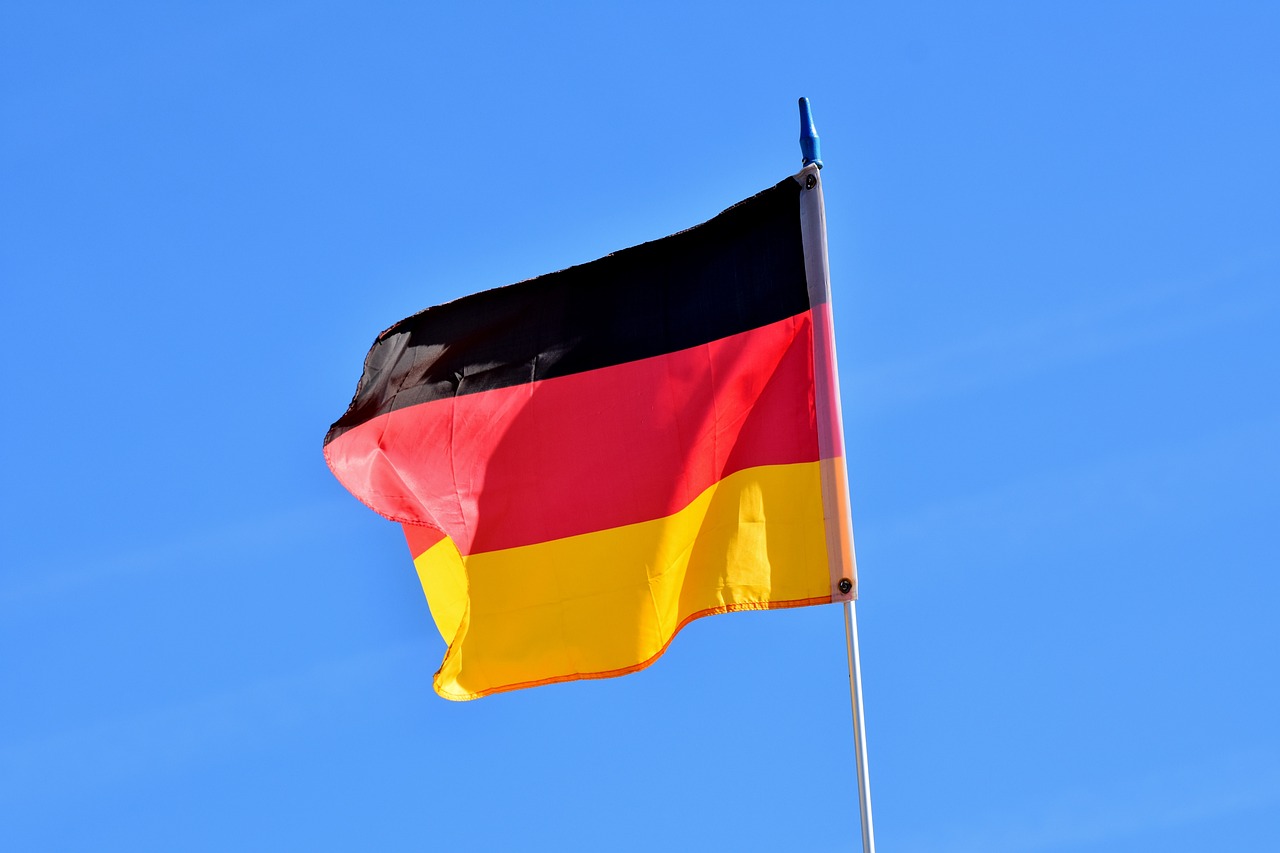By Glassdome

The German government needs to help its manufacturers embrace digital transformation (DX) while keeping the nation’s spot at the top of world manufacturing. In previous insights, we’ve looked at what DX means for the world at large, and how the EU is helping its member states adapt. Now, we look at the land of bratwurst and BMW.
Why does German manufacturing need to change?
China may make more things, but Germany consistently ranks at the top in the United Nations' global manufacturing Competitive Industrial Performance Index (CIP) (see chart).
But that position is not guaranteed in the future. Operational technology (OT) and information technology (IT) are converging. Companies need to invest and adapt. That’s why the German government is working hard to foster digital transformation (DX) in its manufacturing industry.
What is Industrie 4.0?
The cornerstone of this push is Plattform Industrie 4.0. Industrie 4.0 is a government-led collaboration involving public, private, and academic sectors. It emphasizes the critical roles of data usability, transparency, and accessibility in sparking success and competitiveness in the digital age.
This initiative is steered by government bodies such as the Federal Ministry for Economic Affairs and Climate Action (BMWK) and the Federal Ministry of Education and Research (BMBF), as well as labor unions like IG Metall. It oversees detailed policy formulation and implementation.
Specialized working groups focus on areas like standardization, technology, security, legal frameworks, education, and business models.
How does DataSpace Industrie 4.0 fit in?
The initiative also includes DataSpace Industrie 4.0, dedicated to standardizing and disseminating the platform across Europe. DataSpace Industrie 4.0 aims to enhance industrial efficiency and value creation by facilitating transparent data management and sharing within the digital ecosystem.
The platform, leveraging cloud and edge-cloud infrastructure, collaborates with GAIA-X and individual GAIA hubs in European countries. GAIA-X is dedicated to establishing a decentralized, open cloud system crucial for smart factories, enhancing data transparency and utility for interconnected and integrated systems.
Working with an open source initiative fosters trust among companies, aligns Industrie 4.0 with eco-friendliness and sustainability, and supports data sovereignty and decentralization.
All together, DataSpace Industrie 4.0 is a key contributor to the digital transformation and innovation ecosystem in Germany and aligns with the broader EU digital transformation strategy.
How does the German government engage SMEs in digital transformation?
The engagement of small and medium-sized enterprises (SMEs) is critical to the project’s success. These SMEs, often called the Mittelstand, are the backbone of the German economy. They constitute 99.3% of all German companies and employ 56% of the workforce.
To help SMEs adopt Plattform Industrie 4.0, the German government initiated the Midsize 4.0 Centers of Excellence. These centers are key in assisting SMEs with their digital transformation, ensuring that the benefits of Industrie 4.0 extend across the entire spectrum of the German manufacturing sector.
Interested in starting the digital transformation of your business? Take a look at the Glassdome Manufacturing Operations platform. We help manufacturers get more efficient, green, and competitive.
More Articles








